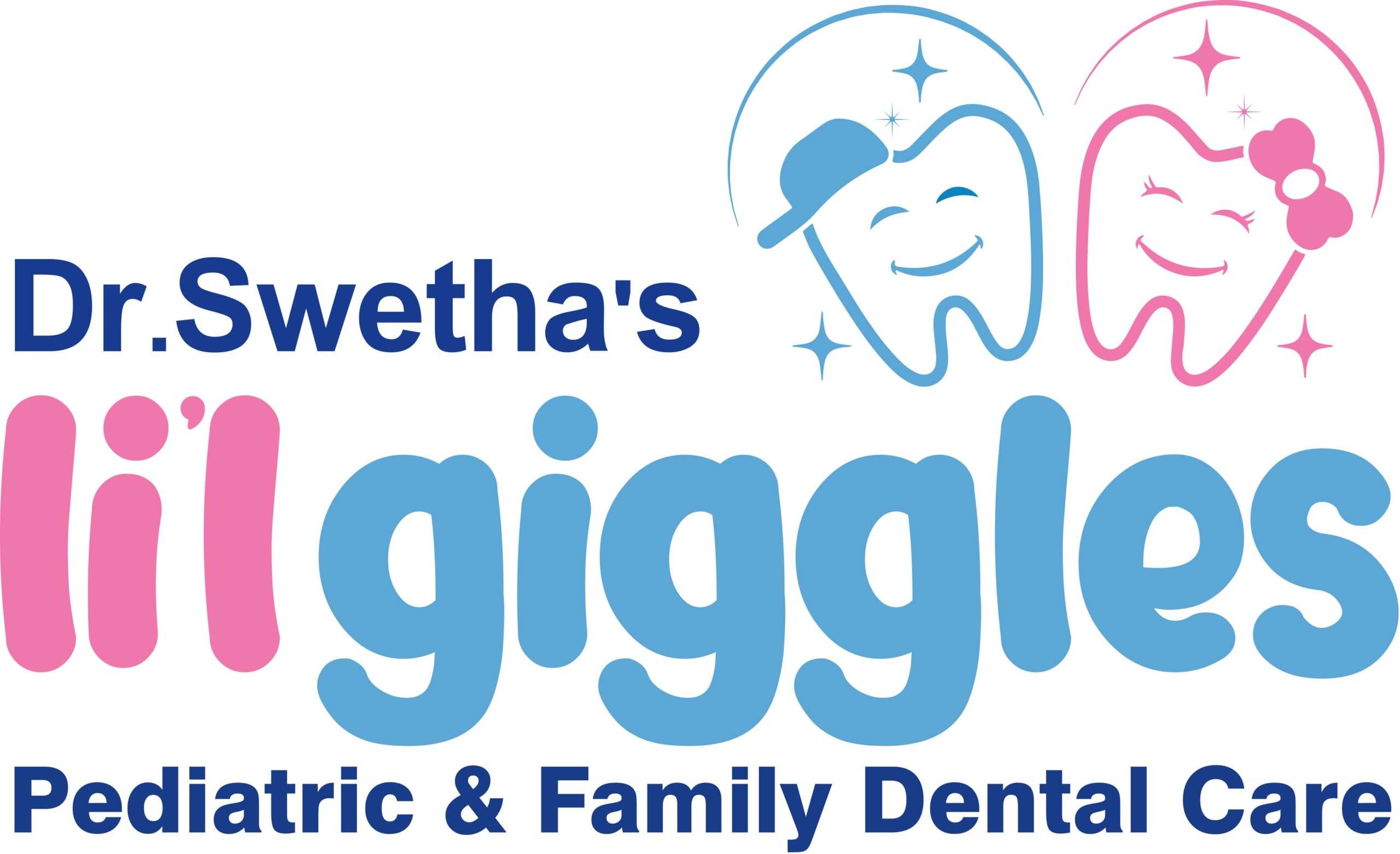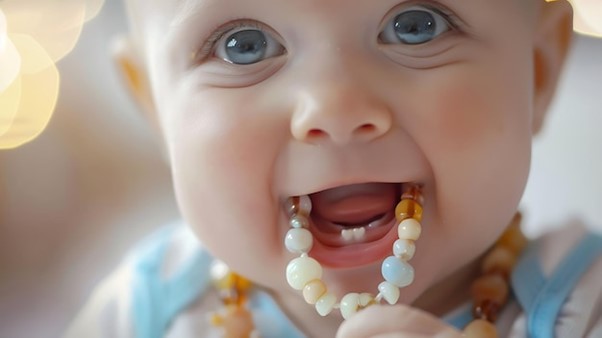Teething is a significant milestone in a baby’s development, marking the eruption of their first set of teeth. While exciting for parents, it can also be a challenging period for both baby and caregiver, often accompanied by fussiness, drooling, and even low-grade fevers.
Understanding the Teething Process
Teething generally begins around 4-7 months of age, although some babies may start earlier or later. The typical order of eruption is:
- Lower central incisors: Usually erupt first, around 4-7 months.
- Upper central incisors: Appear shortly after the lower ones, around 6-10 months.
- Upper lateral incisors: Erupt between 9-13 months.
- Lower lateral incisors: Follow around 10-16 months.
- First molars: Typically erupt between 13-19 months.
- Canines (cuspids): Appear between 16-22 months.
- Second molars: Erupt between 20-33 months.
Common Teething Symptoms
Teething can manifest in various ways, including:
- Increased drooling: Saliva production increases to help soften the gums.
- Irritability and fussiness: Babies may become more clingy and difficult to soothe.
- Chewing and biting: They may seek relief by chewing on toys, fingers, or even your shoulder.
- Low-grade fever: A slight fever (below 100.4°F or 38°C) may occur.
- Gum tenderness and swelling: Gums may appear red and swollen around the erupting tooth.
- Changes in eating and sleeping patterns: Teething can disrupt a baby’s usual routines.
- Diarrhea or loose stools: In some cases, teething may cause minor digestive upset.
Important Note: While many of these symptoms are commonly associated with teething, it’s crucial to remember that not all babies experience the same symptoms. Some may have minimal discomfort, while others may be significantly affected.
Coping with Teething Discomfort
Here are some tips to help soothe your baby during teething:
- Cold relief: Offer chilled teething rings or clean washcloths. You can also gently rub their gums with a clean finger.
- Massage: Gently massage your baby’s gums with a clean finger.
- Distraction: Engage your baby in playful activities, such as singing, reading, or playing with toys.
- Over-the-counter pain relievers: Consult your pediatrician about the appropriate dosage of acetaminophen or ibuprofen for your baby. Never give aspirin to children.
- Breastfeeding or bottle-feeding: Frequent feedings can provide comfort and help soothe sore gums.
When to Consult a Doctor
Contact your pediatrician if:
- Your baby has a fever higher than 100.4°F (38°C).
- Your baby appears to be in significant distress and home remedies are not providing relief.
- You notice signs of infection, such as pus or bleeding from the gums.
- Your baby has difficulty swallowing or eating.
- You suspect your baby may have another medical condition.
Preventing Teething Complications
- Practice good oral hygiene: Once your baby’s teeth erupt, start cleaning them gently with a soft cloth or a small infant toothbrush.
- Avoid sugary drinks: Sugary drinks can promote tooth decay.
- Schedule regular dental check-ups: Take your baby to the dentist for their first check-up around their first birthday or within six months of the eruption of their first tooth.
Teething is a natural part of a baby’s growth and development. While it can be challenging for both parents and babies, these tips can help you navigate this phase more smoothly.
For personalized guidance and expert care for your child’s oral health, schedule an appointment with Dr. Swetha’s at Lil Giggles Dental Clinic. Dr. Swetha specializes in providing compassionate and comprehensive dental care for infants and children.
Contact Dr. Swetha’s Lil Giggles Dental Clinic today to book an appointment and ensure your little one’s oral health is in the best of hands.

